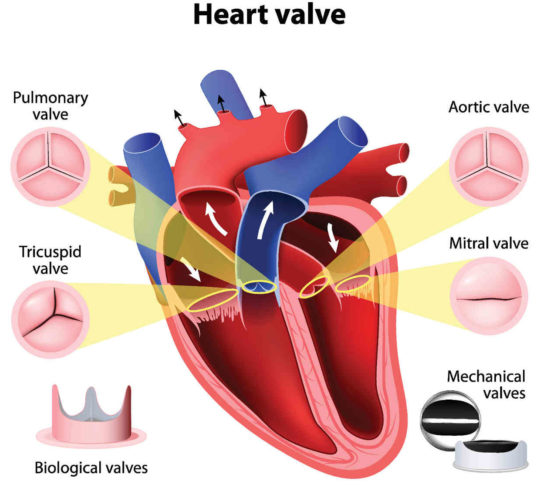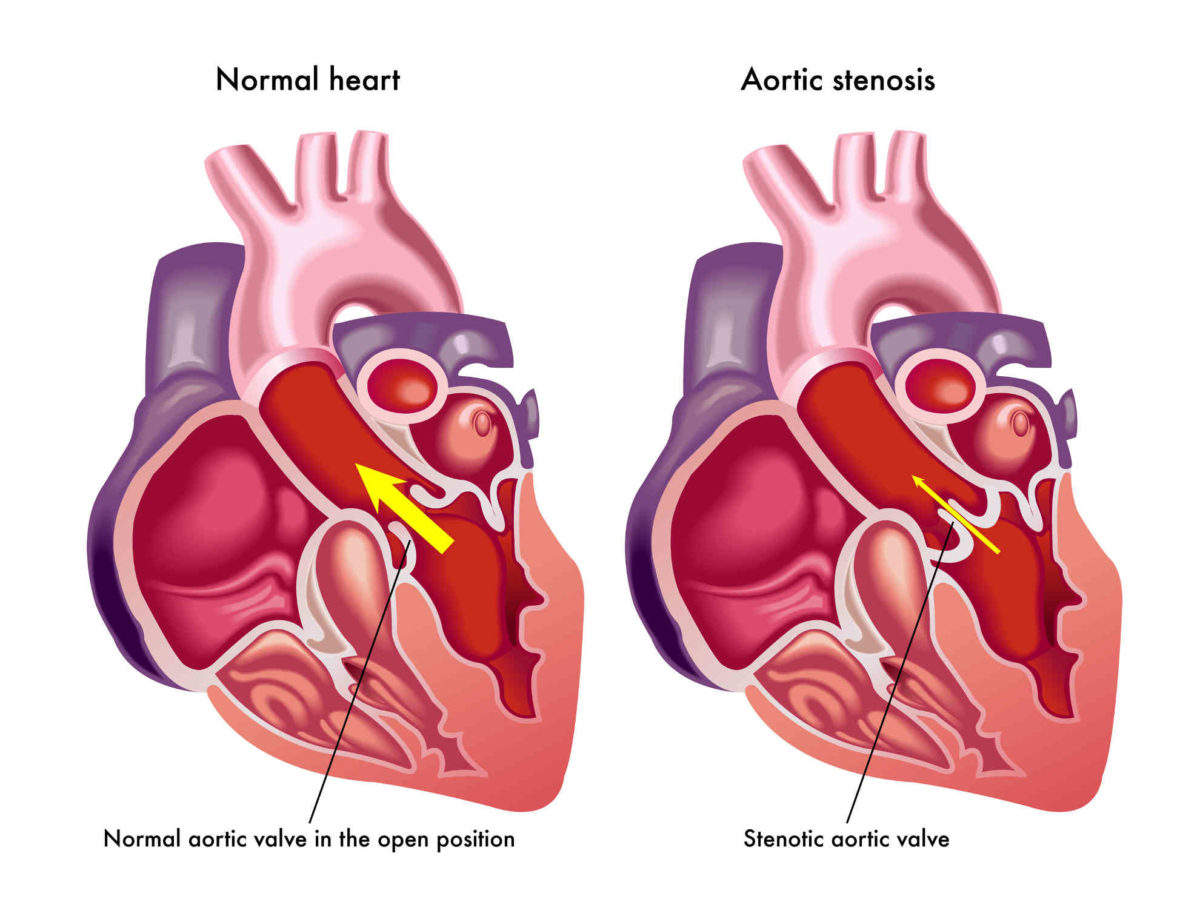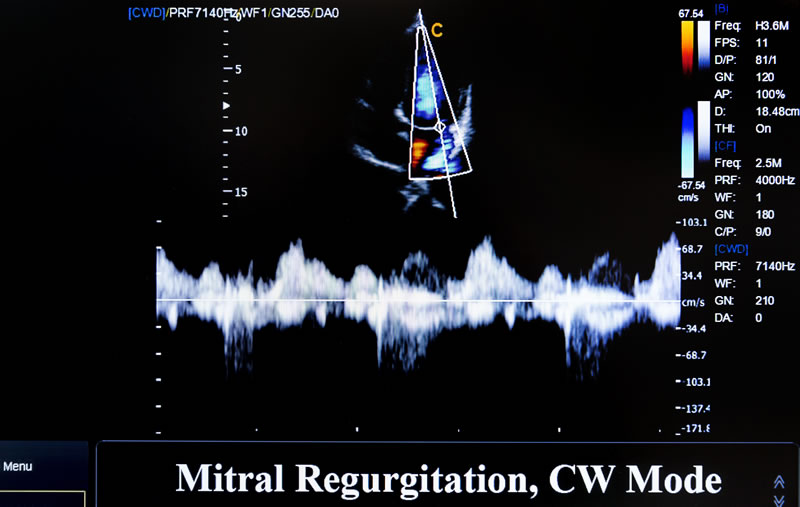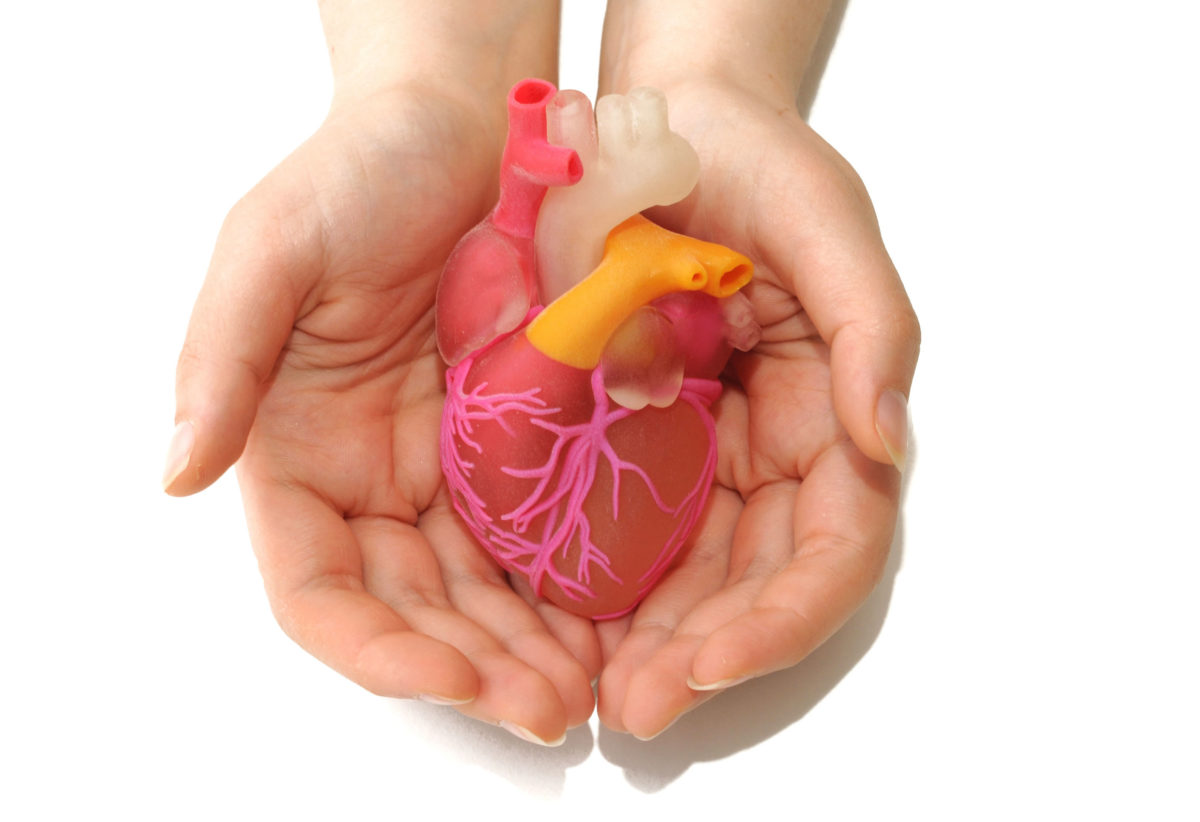One of the best ways to take care of your heart is through your diet. Unfortunately, all heart diseases or conditions are not entirely preventable, but that doesn’t mean you shouldn’t try to prevent yourselves from getting the ones that are. When you eat a heart-healthy diet, you aren’t just keeping your heart healthy, you’re keeping your entire body healthy. When a person’s body is working properly in all other areas, it causes less stress on the heart each day.
Unsure of what to eat? We can help! Our team wanted to share some of the best heart-healthy foods you should be adding into your diet. Whether you’re healthy, currently suffering from a heart condition or are a post-op heart surgery patient, these foods are essential for you to live a healthy life.
- Nuts – Nuts are filled with omega-3 fatty acids and monounsaturated and polyunsaturated fats. They also have a lot of fiber. Almonds, walnuts, and macadamia nuts are the best choices.
- Berries – Berries (blueberries, strawberries, and raspberries) are packed with anti-inflammatory propertieis, which helps ward off heart disease.
- Legumes – Legumes, like black beans and lentils, are filled with omega-3 fatty acids, calcium, and fiber.
- Oatmeal – Like nuts and legumes, oatmeal also is a great source of omega-3 fatty acids. This morning staple also is a good source for folate, fiber, and potassium. Oatmeal is known to lower bad cholesterol, which helps artery health.
- Salmon – This fish is an amazing source of omega-3 fatty acids, and it is known to help lower blood pressure, which in turn takes stress off the heart and also reduces the chances of developing clots. Salmon also contains the antioxidant, carotenoid astaxanthin.
- Avocado – Avocados are full of monounsaturated fat, which helps lower bad cholesterol levels and raises good cholesterol levels.
Other heart healthy foods: Olive oil, chickpeas, kidney beans, spinach, flaxseed, soy, and tuna.
If you currently are suffering from a heart condition like mitral valve disease or aortic valve disease, Dr. Peter Mikhail is a thoracic and cardiac surgeon in New Port Richey, FL, who performs mitral valve surgery and mini-AVR. He also advises his patients on the best diets based on their condition. To book a consult with Dr. Mikhail, click here or call his office at 727-312-4844.









